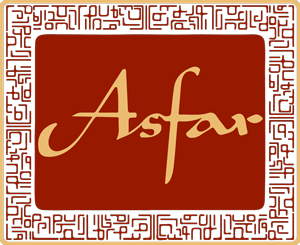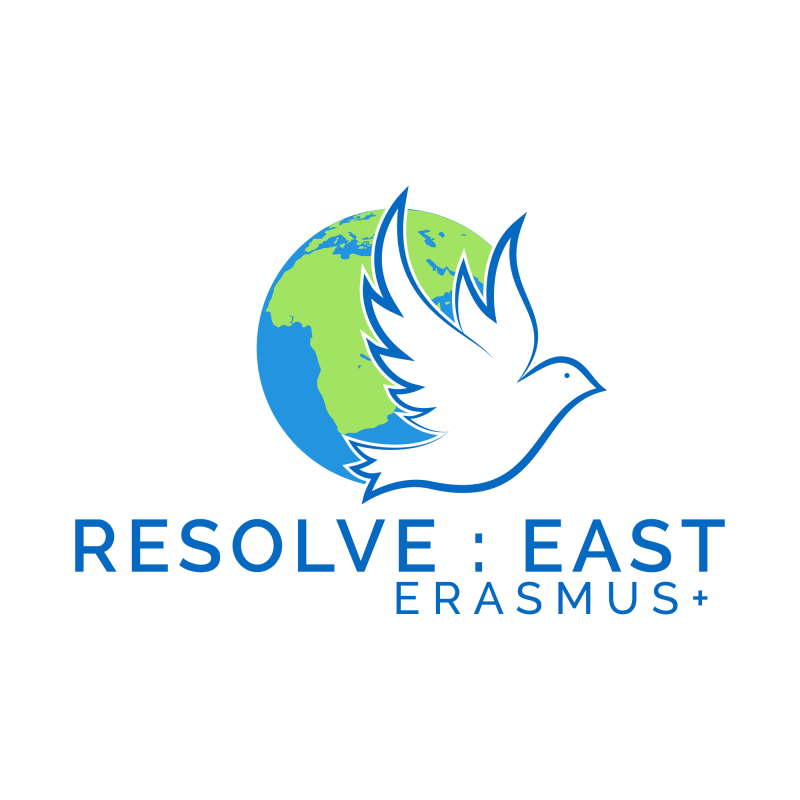On 10th November 2018 in Sarajevo, a group of over 29 young people from Bosnia-Herzegovina, United Kingdom, Turkey and Georgia launched the youth-wing of the RESOLVE: Network and held their first Peace Network meeting.
Erasmus+ RESOLVE: East programme
Erasmus+ RESOLVE: East is a reconciliation youth exchange & network programme, which aims to use the power of Conflict Resolution tools such as Simulation Games, Sport for Peace and wider reconciliation tools and learning to resolve local and community-level conflicts which especially affects young people today.
Erasmus+ RESOLVE: East programme, is the first RESOLVE Erasmus+ funded programme, with a second due to launch activities on 17th December 2018.
RESOLVE, is a conceptual community reconciliation model, designed to mobilise the methods developed in post-conflict zones, to be adapted and mobilised to manage conflict in Western Europe and other countries affected by the rise of Right and social intolerance.
The RESOLVE: Network youth-wing first meeting in Sarajevo resulted in the following key goal, to align with the main network’s objectives:
- To use reconciliation skills, developed through the RESOLVE: East programme, to carry out social peacebuilding activities in our own communities.
Throughout November and December 2018, members of the RESOLVE Network youth wing carried out local social action planning meetings in preparation for the next RESOLVE Network meeting due to take place on the 16th December 2018 in Istanbul, Turkey.
ENDS

For more information about the project name, please contact: international@resolve.asfar.org.uk
About Erasmus+
Erasmus+ is the European Union programme for education, training, youth and sport for 2014-2020. It significantly increases EU funding (+40%) with an overall budget of €14.7 billion (£12 billion) for the development of knowledge and skills and aims to increase the quality and relevance of qualifications and skills. Two-thirds of its funding will provide grants for more than 4 million people to study, train, gain work experience or volunteer abroad in 2014-2020 (compared with 2.7 million in 2007-2013). The period abroad can range from a few days up to a year. In the UK, it is expected that nearly 250,000 people will undertake activities abroad with the programme. Erasmus+ aims to modernise education, training and youth work across Europe. It is open to education, training, youth and sport organisations across all sectors of Lifelong Learning, including schools education, further and higher education, adult education and the youth sector. Erasmus+ provides funding for organisations to offer opportunities to students, teachers, apprentices, volunteers, youth leaders and people working in grassroots’ sport. It will also provide funding for partnerships between organisations such as educational institutions, youth organisations, enterprises, local and regional authorities and NGOs, as well as support for reforms in Member States to modernise education and training and to promote innovation, entrepreneurship and employability.
The programme is managed in the UK by the Erasmus+ UK National Agency, which is a partnership between the British Council and Ecorys UK.
Further information from www.erasmusplus.org.uk
Twitter: @erasmusplusuk
Facebook: ukerasmusplus

